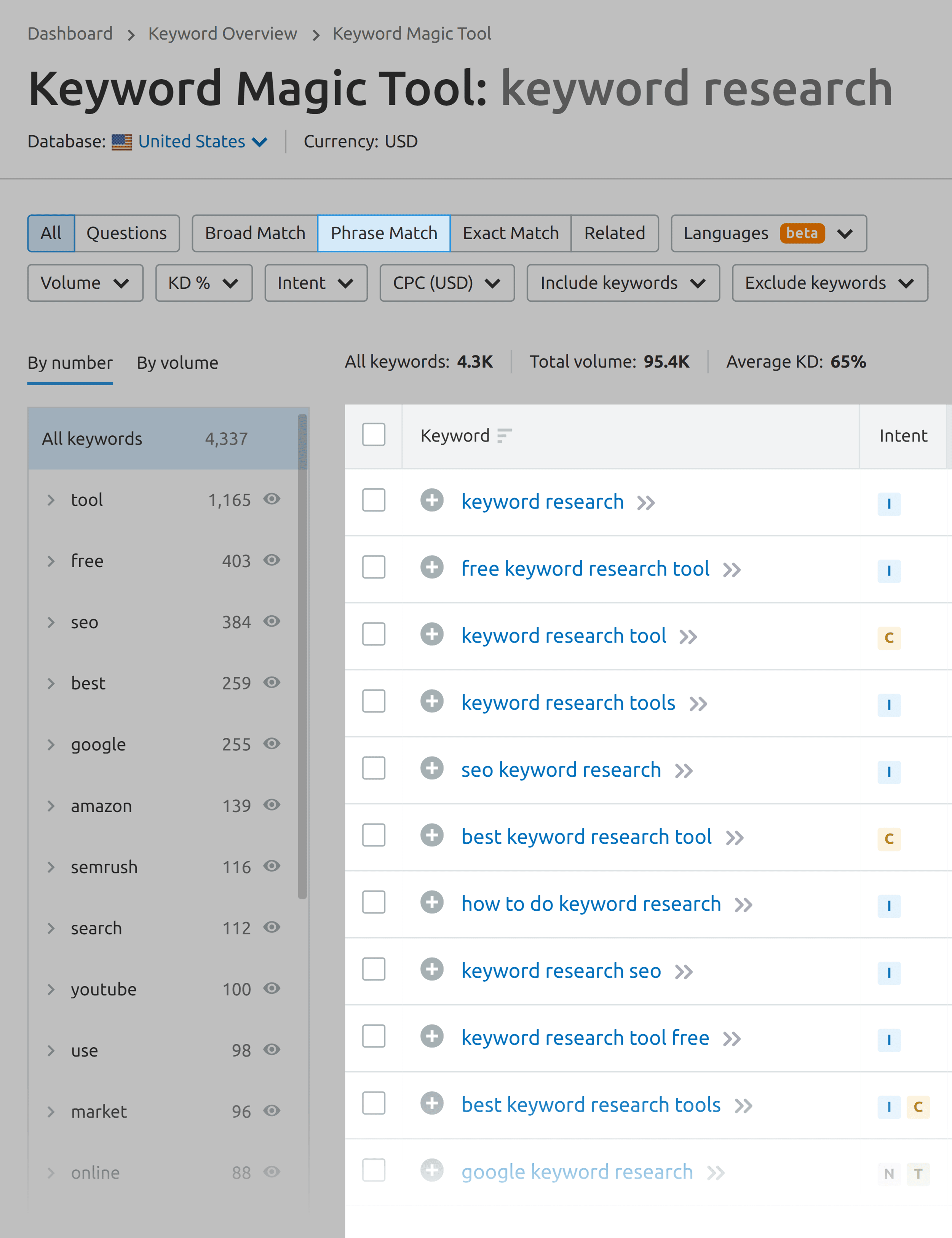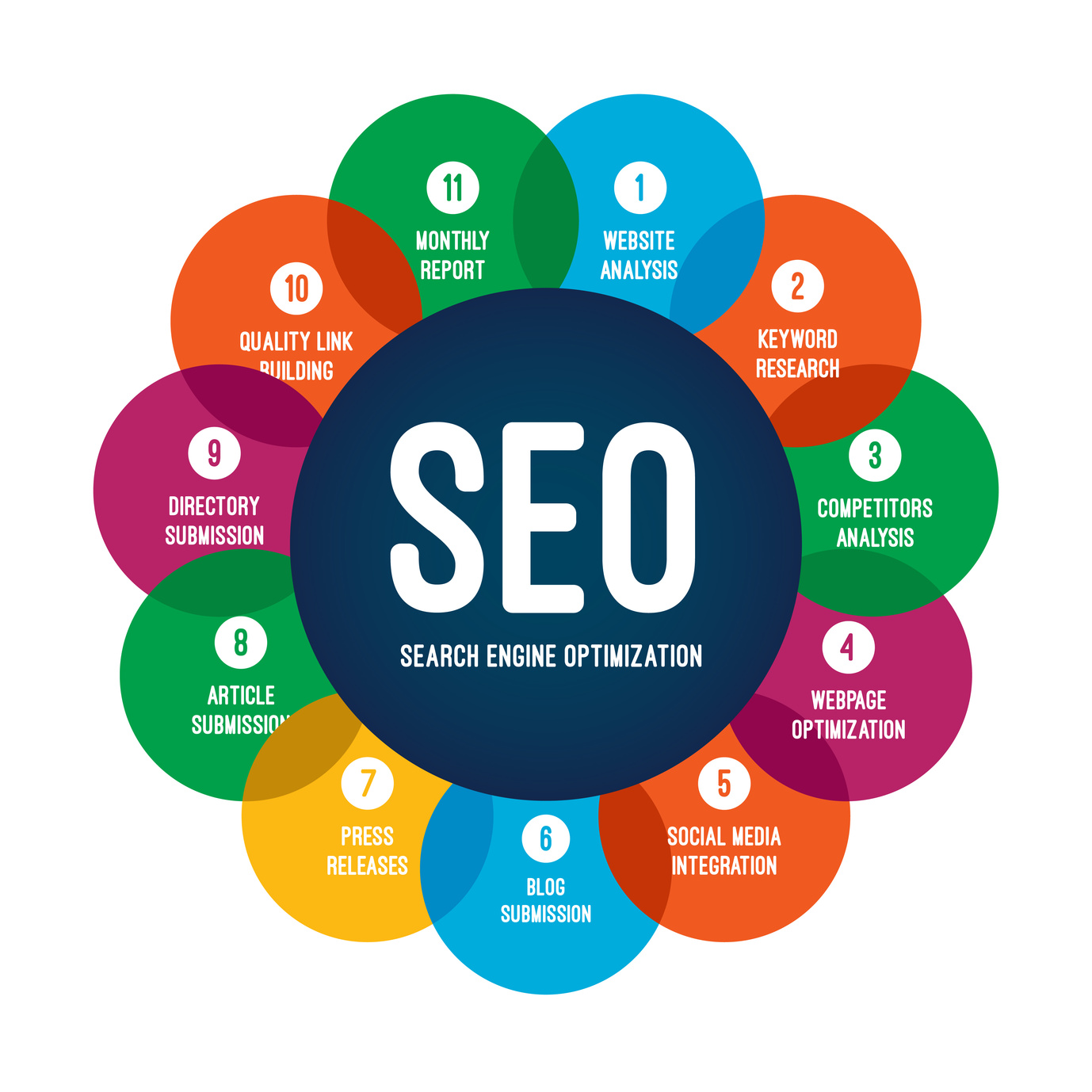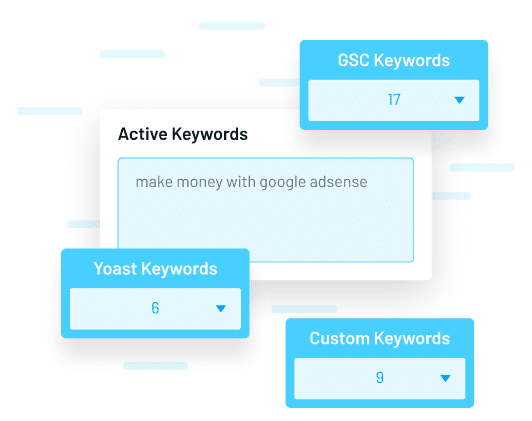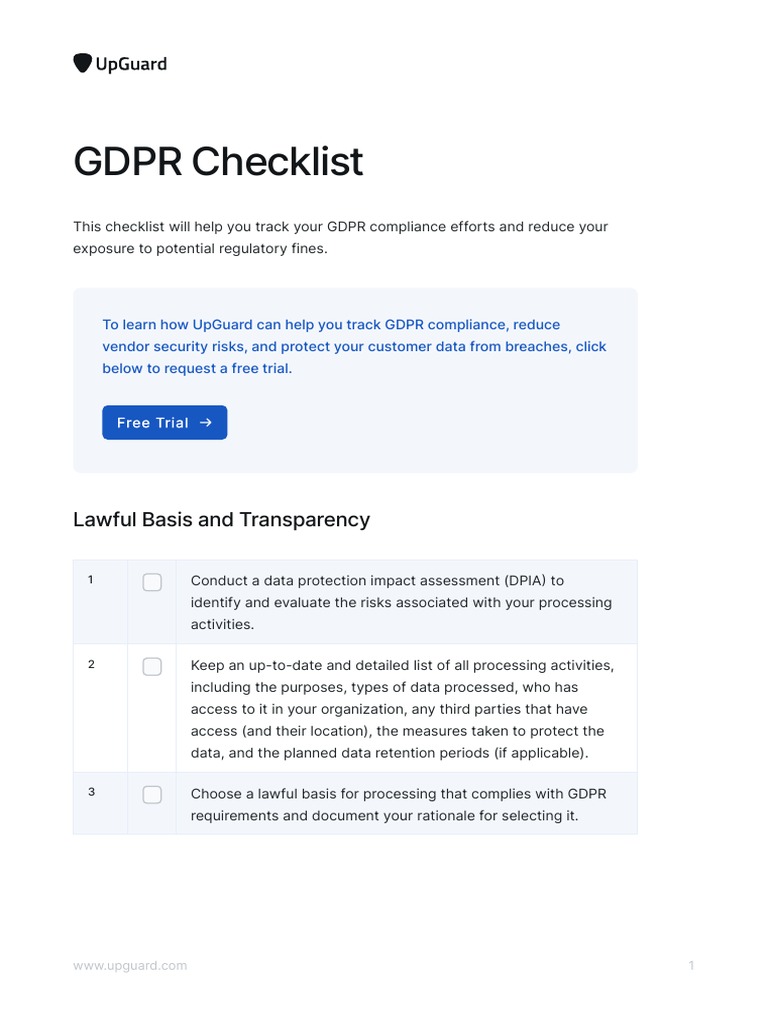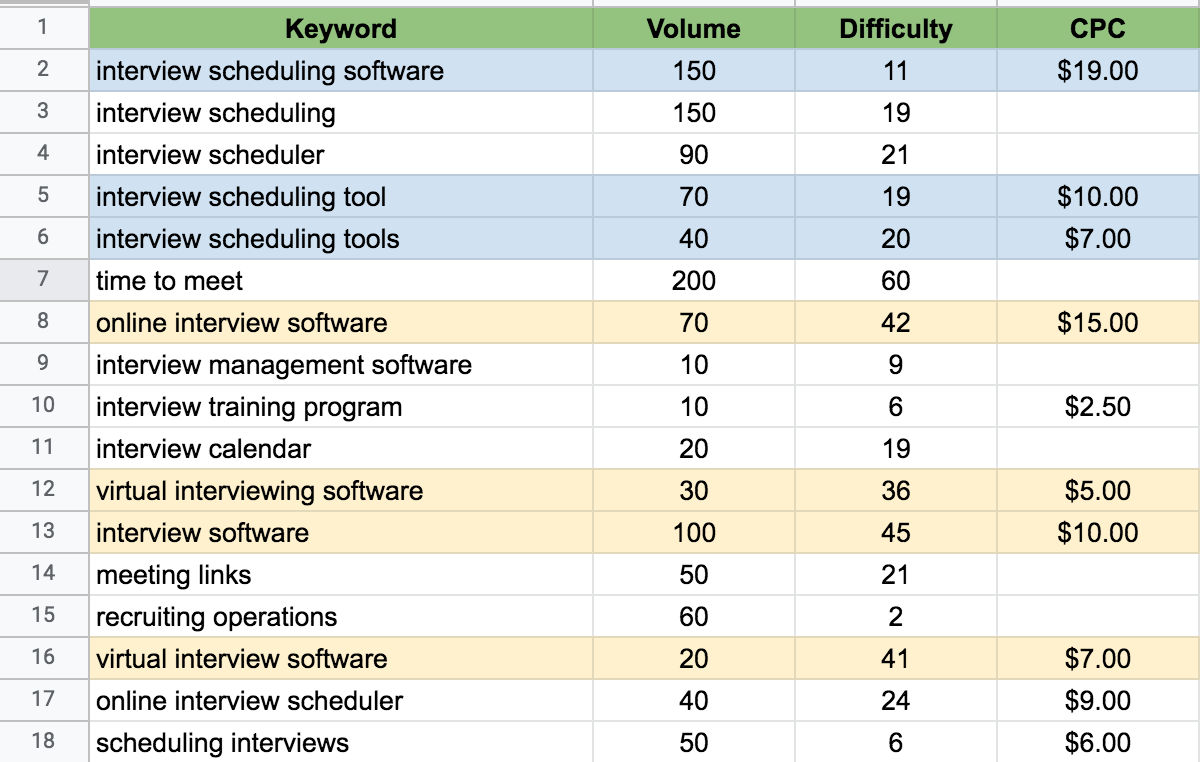
In the ever-evolving world of SEO, staying ahead of the curve is crucial. One of the most effective strategies for optimizing your content calendar is using keyword clusters. This approach not only helps you organize your content more efficiently but also enhances your visibility in search results. By grouping related keywords together, you can create a more cohesive and comprehensive content strategy that resonates with both search engines and your audience.
This article will guide you through the process of using keyword clusters to power your content calendar, from identifying the right keywords to implementing an effective strategy that drives traffic and engagement.
What Is Keyword Clustering and Why It Matters
Keyword clustering is the process of grouping similar keywords based on their intent and relevance. Instead of targeting each keyword individually, you focus on themes or topics that naturally connect. For example, if your main topic is “digital marketing,” you might cluster keywords like “SEO strategies,” “content marketing tips,” and “social media advertising” into one group.
This method is essential for modern SEO because search engines now prioritize context and relevance over exact keyword matches. By creating keyword clusters, you provide search engines with more context about your content, helping them understand the broader theme of your website. This leads to better rankings and increased visibility for a wide range of related keywords.
Moreover, keyword clustering allows you to create content that addresses multiple search queries at once. This not only saves time but also ensures that your content is more valuable to your audience, as it covers various aspects of a topic in depth.
How Keyword Clusters Impact SEO Performance
Using keyword clusters has a significant impact on your SEO performance in several ways:
- Improved Search Visibility: By targeting multiple keywords within a single cluster, you increase the chances of ranking for a variety of search terms. This broadens your reach and attracts more organic traffic.
- Enhanced User Experience: When your content is organized around relevant themes, users find it easier to navigate and engage with your site. This reduces bounce rates and increases session duration, which are positive signals for search engines.
- Increased Authority: A well-structured content calendar with keyword clusters demonstrates expertise in a particular subject area. This builds trust with both users and search engines, leading to higher rankings and better credibility.
- Efficient Content Planning: Clustering keywords helps you identify gaps in your content strategy and plan new pieces more effectively. You can focus on areas that have high search volume and low competition, ensuring your efforts are well-spent.
By leveraging keyword clusters, you’re not just optimizing for keywords—you’re building a comprehensive content strategy that aligns with user intent and search engine algorithms.
Step-by-Step Implementation Framework
Implementing a keyword clustering strategy requires a structured approach. Here’s a step-by-step guide to help you get started:
1. Define or Audit the Current Situation
Start by reviewing your existing content and identifying any gaps. Use tools like Google Analytics, SEMrush, or Ahrefs to analyze your current keyword performance. Look for topics that have high search volume but low rankings, as these are opportunities for improvement.
Additionally, assess your content structure to see if it’s organized in a way that supports keyword clustering. If your content is scattered or lacks internal linking, this could be a barrier to success.
2. Apply Tools, Methods, or Tactics
Use keyword research tools such as Rank Math’s Content AI, Keyword Explorer, or Google Keyword Planner to identify potential keywords for your clusters. Focus on long-tail keywords that are specific and have lower competition.
Once you have a list of keywords, group them into clusters based on their intent and relevance. For example, if your core topic is “home workouts,” you might create clusters around “HIIT exercises,” “beginner routines,” and “equipment recommendations.”
Consider using mind mapping or brainstorming sessions to uncover natural groupings and relationships between keywords. This can help you identify additional subtopics that may be worth exploring.
3. Measure, Analyze, and Optimize
After creating your keyword clusters, it’s important to track their performance. Use tools like Rank Math Analytics or Google Search Console to monitor how your content ranks for the keywords in each cluster.
Analyze metrics such as organic traffic, bounce rate, and conversion rates to determine which clusters are performing well and which need improvement. Adjust your content strategy accordingly, focusing on areas that show the most promise.
Regularly update your keyword clusters as search trends evolve. This ensures that your content remains relevant and continues to attract traffic over time.
Real or Hypothetical Case Study
Let’s take a look at a hypothetical case study to see how keyword clustering can boost a content calendar strategy.
Scenario: A Fitness Blog
A fitness blog wants to improve its SEO performance by implementing keyword clusters. The core topic is “home workouts.” The blog identifies several clusters, including “HIIT exercises,” “beginner routines,” and “equipment recommendations.”
They create a pillar page titled “The Ultimate Guide to Home Workouts” and develop supporting content for each cluster. For example, they publish articles like “10-Minute HIIT Workouts for Busy Professionals” and “Best Equipment for Home Strength Training.”
Within six months, the blog sees a 40% increase in organic traffic and a 25% increase in engagement. The content is well-organized, and users spend more time on the site, indicating that the keyword clusters are effectively meeting user intent.
This case study highlights the benefits of using keyword clusters to create a structured and effective content strategy.
Tools and Techniques for Keyword Clustering
Several tools can help you implement a successful keyword clustering strategy. Here are some of the most effective ones:
- Rank Math SEO: Offers advanced keyword clustering features, including Content AI and RankBot, which automatically groups related keywords and provides insights for content optimization.
- Google Keyword Planner: A free tool that provides data on search volume and competition, making it ideal for initial keyword research.
- SEMrush: Offers comprehensive keyword analysis and competitor insights, helping you identify high-potential clusters.
- Ahrefs: Provides detailed keyword suggestions and backlink analysis, allowing you to refine your clusters based on competitive data.
- Ubersuggest: A user-friendly tool that offers keyword ideas, content suggestions, and SEO audits to support your clustering efforts.
These tools can streamline the process of identifying, grouping, and optimizing keywords, making it easier to build a robust content calendar.
Future Trends and AI Implications
As AI continues to shape the future of SEO, keyword clustering will become even more critical. Search engines are increasingly relying on semantic understanding and contextual relevance, which means that content must be well-structured and focused on user intent.
AI-powered tools like Rank Math’s Content AI and RankBot are already helping marketers create more efficient and effective content strategies. These tools can automatically generate keyword clusters, suggest content topics, and optimize pages for maximum visibility.
Looking ahead, the integration of AI in keyword clustering will allow for real-time adjustments and personalized content creation. This means that your content calendar can adapt to changing search trends and user behavior, ensuring that your strategy remains effective and up-to-date.
To stay ahead, focus on building a flexible and data-driven approach to keyword clustering. Embrace AI tools and continuously refine your strategy based on performance metrics.
Key Takeaways
- Keyword clustering is a powerful strategy for organizing your content calendar and improving SEO performance.
- By grouping related keywords, you create a more cohesive and comprehensive content strategy that meets user intent and search engine requirements.
- Tools like Rank Math SEO, Google Keyword Planner, and SEMrush can help you identify and optimize keyword clusters.
- Regularly analyzing and adjusting your clusters ensures that your content remains relevant and effective over time.
- As AI continues to shape the future of SEO, keyword clustering will become even more important for staying ahead of the competition.
By implementing a strategic approach to keyword clustering, you can transform your content calendar into a powerful tool for driving traffic, engagement, and conversions.
Meta Title: How to Use Keyword Clusters to Boost Your Content Calendar Strategy
Meta Description: Learn how to use keyword clusters to power your content calendar and improve SEO performance. Discover actionable steps and tools for effective content planning.
SEO Tags (5): keyword clusters, content calendar, SEO strategy, keyword research, content optimization
Internal Link Suggestions: Parameter #1: On-Page SEO Best Practices, Parameter #3: Content Marketing Strategies, Parameter #5: Technical SEO Fundamentals
External Source Suggestions: https://www.rankmath.com, https://ahrefs.com, https://semrush.com

